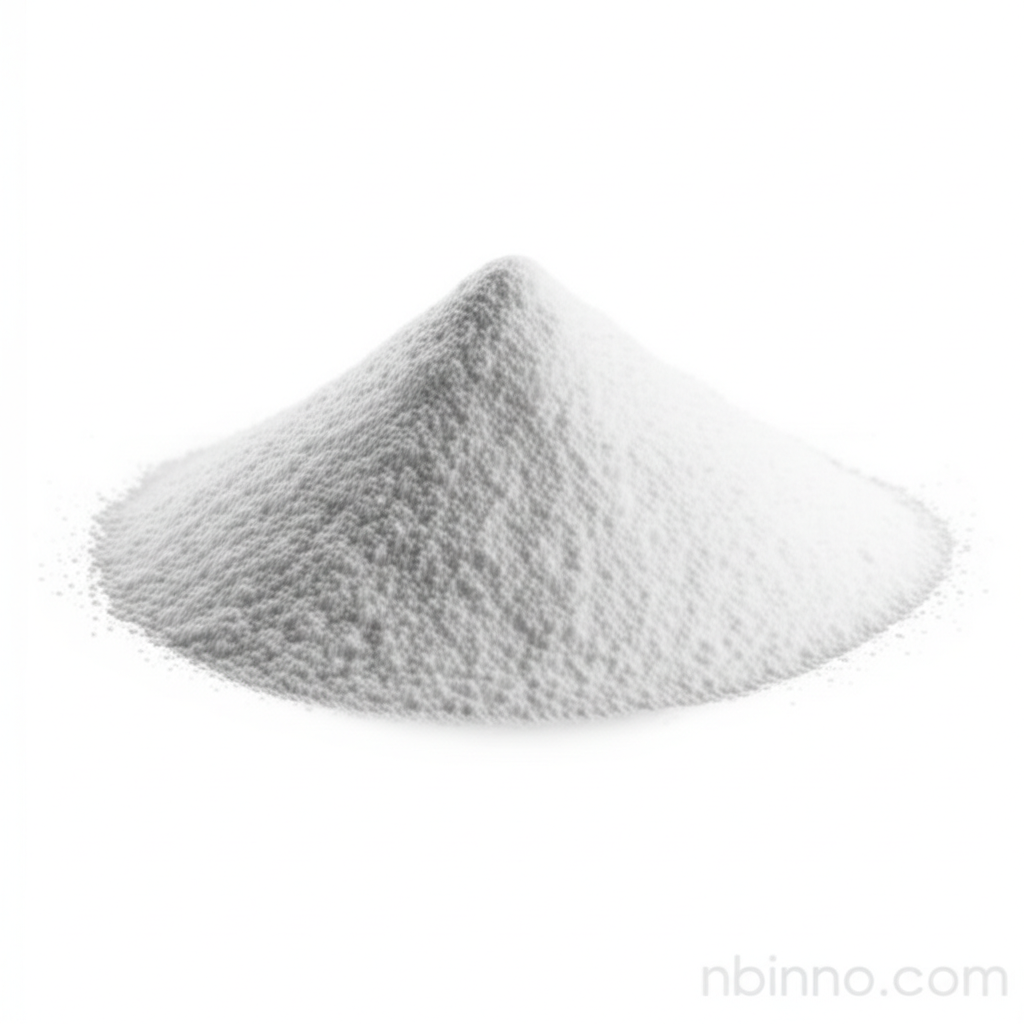The Definitive Guide to Rapamycin (Sirolimus)
Discover the multifaceted applications and significant pharmaceutical value of this potent macrolide compound.
Get a Quote & SampleProduct Core Value

Rapamycin
Rapamycin, also known as Sirolimus, is a powerful macrolide compound with a wide array of therapeutic applications. Its ability to inhibit the mammalian target of rapamycin (mTOR) pathway makes it invaluable in treating conditions ranging from transplant rejection to certain cancers and even potentially in antiaging research. This article explores the multifaceted nature of rapamycin, its production, and its significant role in modern medicine.
- Explore the intricate sirolimus mechanism of action and its impact on cellular processes, a key factor in its therapeutic efficacy.
- Understand the critical role of rapamycin in preventing organ transplant rejection, improving patient outcomes significantly.
- Learn about the development of cost-effective rapamycin production methods, making this vital compound more accessible.
- Discover the application of rapamycin in drug-eluting stents, enhancing cardiovascular treatment protocols.
Key Advantages of Rapamycin
Immunosuppressive Powerhouse
As a potent immunosuppressant, rapamycin is crucial for preventing the body from rejecting transplanted organs, offering a lifeline to patients worldwide.
Anticancer Potential
The anticancer properties of rapamycin, stemming from its inhibition of cell proliferation and mTOR signaling, are a major focus in oncology research and treatment development.
Biotechnology Production Advancements
Innovations in the production of rapamycin, particularly through optimized fermentation processes using microorganisms like Streptomyces hygroscopicus, are driving efficiency and sustainability in the pharmaceutical supply chain.
Key Applications
Organ Transplantation
Rapamycin is a cornerstone therapy in preventing organ rejection post-transplant, a critical application for patient survival and graft function.
Oncology
Its antiproliferative effects make rapamycin a valuable agent in cancer therapy, particularly for certain tumor types and in combination treatments.
Cardiovascular Health
The use of rapamycin in drug-eluting stents is a significant advancement in preventing restenosis after angioplasty, improving cardiac procedure outcomes.
Rare Disease Treatment
Rapamycin is the first approved drug for lymphangioleiomyomatosis (LAM), a rare lung disease, showcasing its therapeutic reach for specialized conditions.
